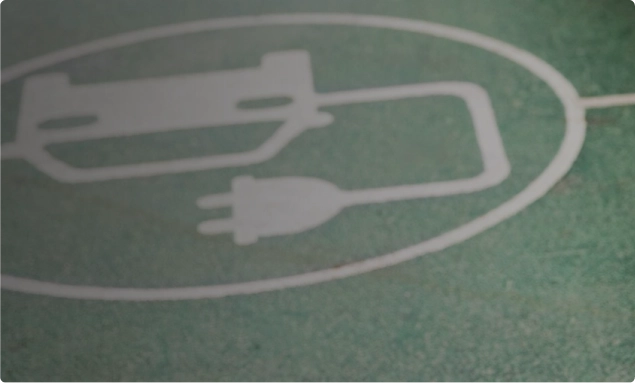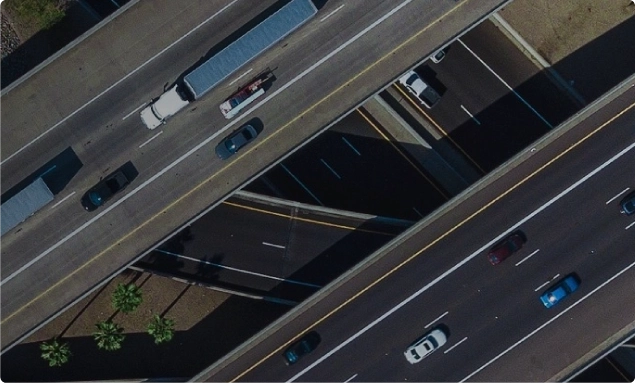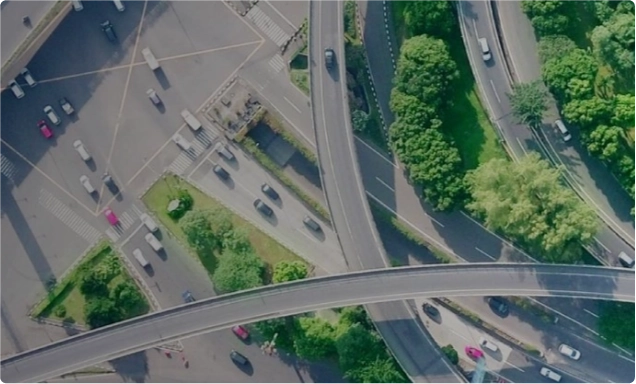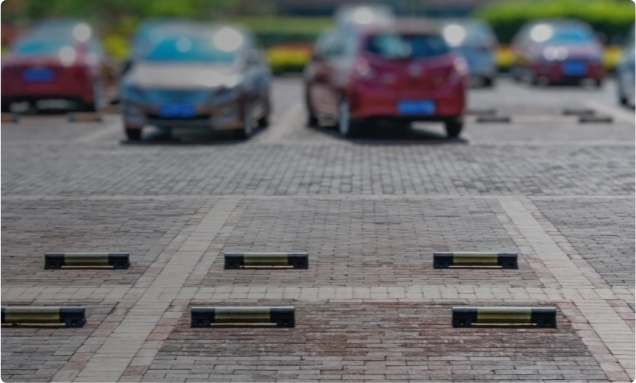A groundbreaking EU-funded initiative, HIDDEN (Hybrid Intelligence for Advanced Collective Perception and Decision Making in Complex Urban Environments), officially launched on 8th July in Athens, with a bold mission: to make European cities safer by enabling automated vehicles to detect what they currently cannot: pedestrians, cyclists, and other road users hidden behind obstacles.
Tackling urban blind spots
In busy city environments, parked cars, buildings, and vegetation often obstruct vehicle sensors, creating blind spots that pose serious risks, especially for vulnerable road users (VRUs) like children, cyclists, and road workers. Current detection systems struggle in these scenarios, with recognition rates dropping below 65% when individuals are fully occluded.
HIDDEN aims to overcome this challenge by enhancing Collective Awareness through Vehicle-to-Everything (V2X) communication and Artificial Intelligence. By sharing sensor data between vehicles, infrastructure, and road users, the project enables a more complete and dynamic understanding of the urban environment.
Hybrid Intelligence: a human-machine fusion
What sets HIDDEN apart is its use of Hybrid Intelligence (HI): a fusion of human and machine intelligence. This approach allows automated systems to make decisions that are not only technically sound but also ethically and legally grounded, reflecting human judgment and behavior.
“HIDDEN goes beyond conventional AI,” said Dr. Angelos Amditis, HIDDEN Coordinator and R&D Director at ICCS. “We’re bringing human judgement into the loop -so automated systems can act not just accurately, but wisely.”
Real-world testing
The project will test its approach in four high-risk urban scenarios:
- A child running from behind a parked car
- A cyclist navigating mixed-traffic zones
- A road worker obscured by vegetation
- A vehicle hidden at an unsignalised intersection
These cases reflect complex, real-world challenges where improved perception and ethically grounded decision-making could be life-saving.
A pan-European collaboration toward safer, smarter cities
Funded by Horizon Europe’s Cluster 5 with a grant of approximately €5 million, HIDDEN is supported by the Connected, Cooperative and Automated Mobility (CCAM) Partnership. The consortium includes 14 partners and 2 affiliated entities across 7 EU countries, bringing together expertise from research institutes, universities, SMEs, automotive leaders, regulatory bodies, and social science researchers.
HIDDEN isn’t just about smarter vehicles—it’s about building trust, aligning technology with human values, and paving the way for safer streets across Europe. Through field tests and virtual simulations, the project will validate its technologies and work closely with EU type approval bodies and UNECE working groups to shape future standards and policies.
Mosaic Factor’s contribution
Mosaic Factor leads the development of Explainable AI (XAI) and Human-Feedback Reinforcement Learning (RLHF) methods within the project. Their work focuses on creating a transparency-first explanatory toolkit that fosters trust, user acceptance, and ethical integration of AI in connected and automated vehicles.
For more details, you can read and download the full press release here:
HIDDEN Press Release _EN_final
→ Review our Data Enhanced Product solutions


























